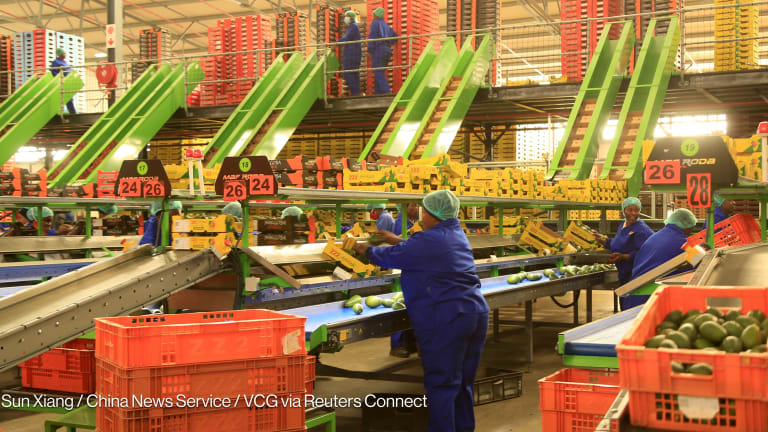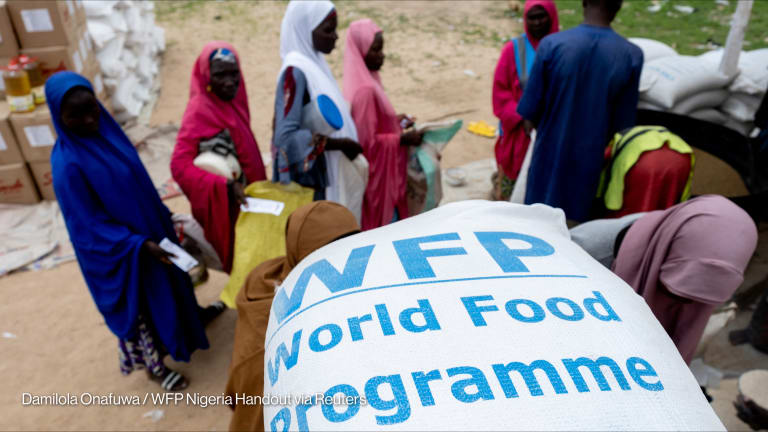KIGALI, Rwanda — The Africa Food Systems Forum ended with a set of outcomes to help the continent battle a worsening hunger crisis, as leaders lobbied development partners for support ahead of a new continent-wide agricultural policy due out early next year.
Nine heads of state, 37 ministers, seven former heads of state, and 40 heads of international agencies were among the nearly 5,000 attendees in Kigali, Rwanda, last week for the continent’s largest agriculture conference. It was hosted by AGRA, formerly known as the Alliance for a Green Revolution in Africa.
The forum aimed to encourage investment in the continent’s agrifood sector, and it brought some high-dollar commitments: Norway launched a $35 million fund to support small- and medium-sized agri-food enterprises, while the United Kingdom's Foreign, Commonwealth & Development Office said it will provide £25 million for AgDevCo, a U.K.-based social impact investor that invests in African agribusinesses. Small- and medium-sized enterprises participating in the forum’s agribusiness dealroom sought $70 million in investment.








